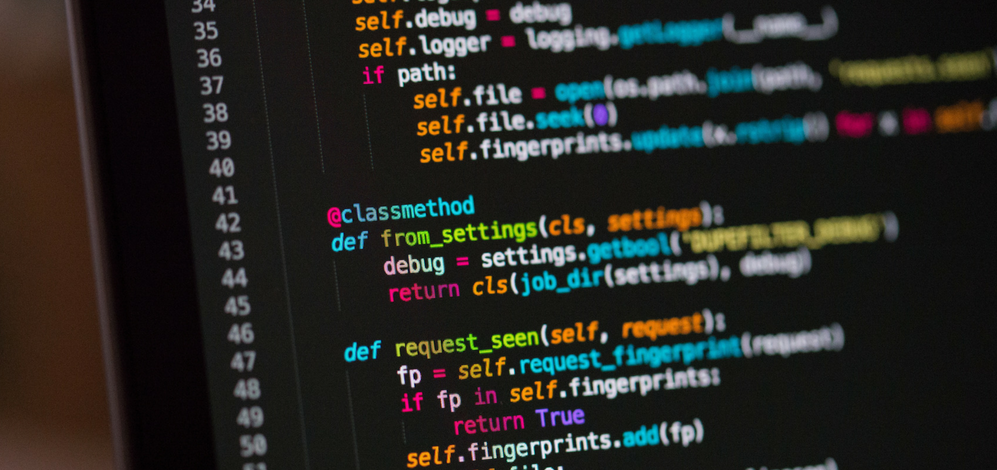Python remains one of the most in-demand programming languages in 2025, but not all coding practices are created equal. Many developers, beginners and intermediates alike, often fall into the trap of endlessly reading tutorials or solving the same basic problems repeatedly. Results feel slow, and progress stalls.
Habits That Boost Speed and Problem-Solving
Smart habits that deliver measurable gains in both speed and problem-solving ability. These four Python coding habits come straight from experienced developers, community discussions, and real user practices on coding challenge platforms. They help move the needle fast.
1. Set a Consistent Problem-Solving Rhythm (Not Just Random Practice)
Staying consistent beats doing more. A 2025 survey of over 1,000 Python learners on DevForum showed that those who solved 3–5 Python problems daily for just 20 minutes saw a 60% increase in code accuracy after six weeks.
Try this framework:
- Monday–Wednesday: Focus on string and list operations.
- Thursday–Friday: Practice on logic-based or algorithmic challenges.
- Weekend: Attempt a mini project or code kata from platforms like Codewars.
This habit avoids burnout while locking in a deeper understanding of core Python syntax and logic. By making this rhythm predictable, the brain becomes conditioned to absorb new structures faster.
Community Insight:
“Solving three Codewars challenges a day for 45 days helped me reduce my bug rate by half.” – Reddit user tech_toaster
2. Refactor Without Over-Engineering
Writing code that works is only step one. Cleaning it up so it’s readable, efficient, and elegant makes good developers great. A well-honed Python coding practice should always include refactoring.
Why it works:
Refactoring improves long-term memory of syntax patterns. It also builds the discipline to spot anti-patterns, reduce runtime, and naturally follow PEP 8 standards.
Focus areas when refactoring:
- Use list comprehensions where appropriate
- Replace nested loops with helper functions
- Minimize side effects in functions
- Stick to the Zen of Python: “Simple is better than complex.”
3. Track and Compare Performance Metrics
Guesswork is not progress. Top developers measure their speed, accuracy, and error rate.
Here’s a sample benchmark tracker:
| Metric | Week 1 | Week 2 | Week 3 |
| Problems Solved | 15 | 21 | 27 |
| Avg Time per Problem | 18 min | 15 min | 11 min |
| Accuracy (First Try) | 72% | 79% | 86% |
Using a personal dashboard or even a simple spreadsheet reveals patterns, like what types of problems take longer or which syntax structures often lead to bugs. It makes Python coding practice a data-driven habit.
4. Reverse Engineer the Best Solutions
One overlooked habit? Study top-rated community solutions after solving the problem yourself. It’s a fast way to uncover Python tricks, like:
- zip() usage for matrix transposition
- enumerate() for indexed iteration
- any() and all() for logic checks
- Generator expressions for memory-efficient loops
Hidden Gem Tip:
On Codewars, filter by “Best Practices” after submission. These snippets often contain one-liner genius or idiomatic Python that’s easy to adopt and forget.
How to make it stick:
- Copy the top three solutions into a local file.
- Add comments explaining each line.
- Recode it from memory after 48 hours.
This habit accelerates pattern recognition, key to writing cleaner, faster code under time pressure.
Expert Insights: Why These Habits Matter in 2025
According to a 2025 Stack Overflow Developer Survey:
- Python ranked #1 in popularity among beginner programmers
- 47% of coders cited code review and refactoring as their top skill-building activity
- 3 out of 4 hiring managers said they value problem-solving fluency over theoretical knowledge
Adopting these habits aligns directly with what hiring managers, mentors, and senior developers now look for.
Summary
Each habit listed here is not just theory, it results from real-world Python coding practice by developers across platforms, forums, and GitHub repositories. Rather than chasing more time, focus on the quality of the practice.














Leave a Reply